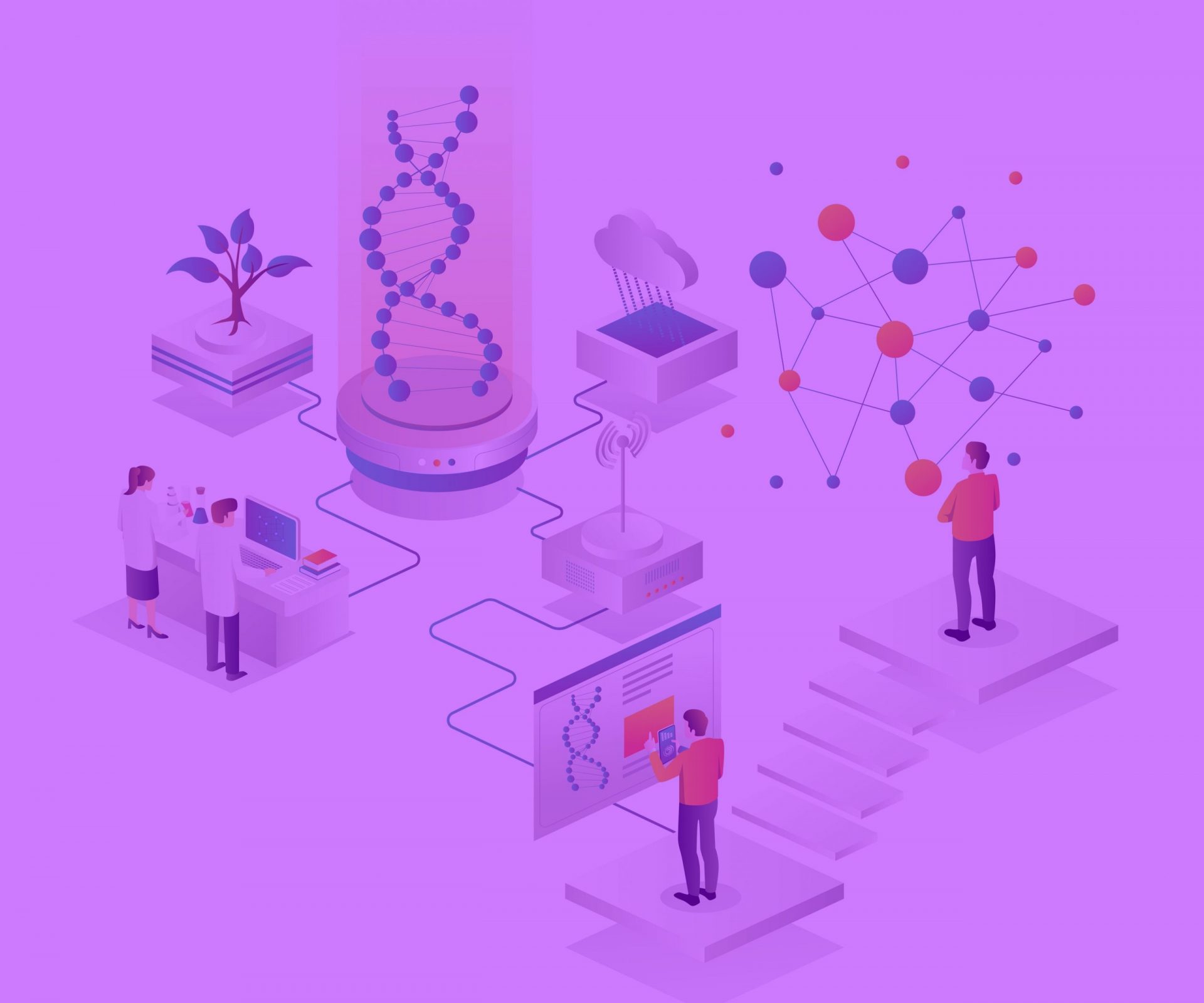
Genetic testing in oncology offers unprecedented opportunities for early detection, personalized
treatment, and better patient outcomes. However, the rapid advancement and integration of genetic
testing into cancer care also bring to light significant ethical considerations.
This blog post explores the
ethical issues associated with genetic testing in oncology, such as privacy concerns, potential
discrimination, and the implications of genetic information on patients and their families.
Read the full blog below:


